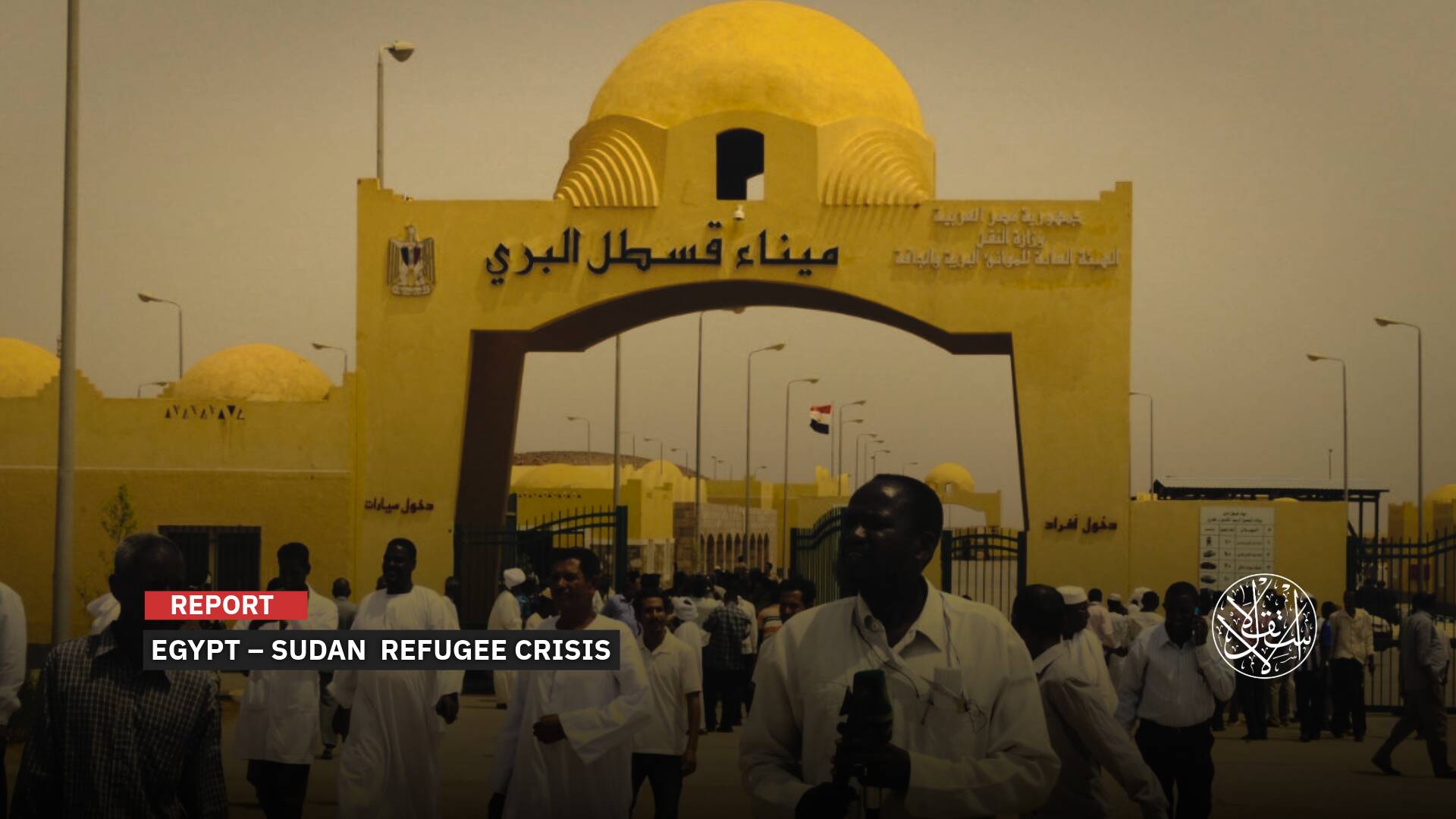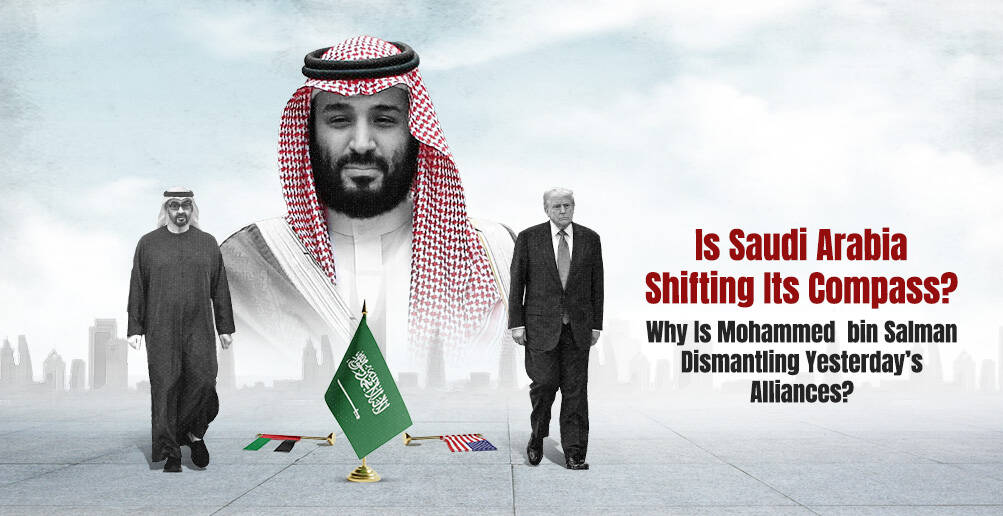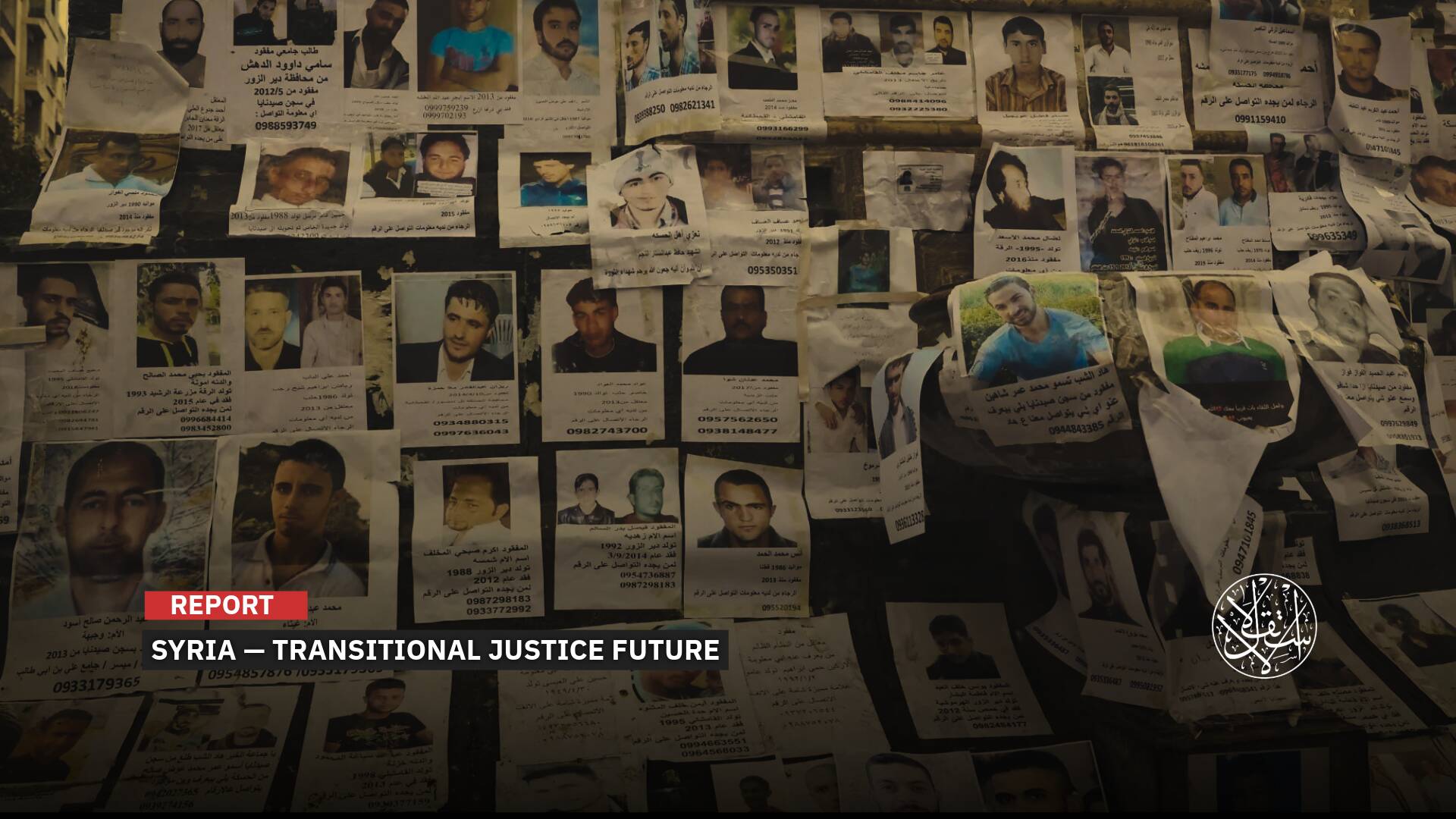Muslims in Spain: Andalusian Roots, Growing Presence, and Ongoing Challenges
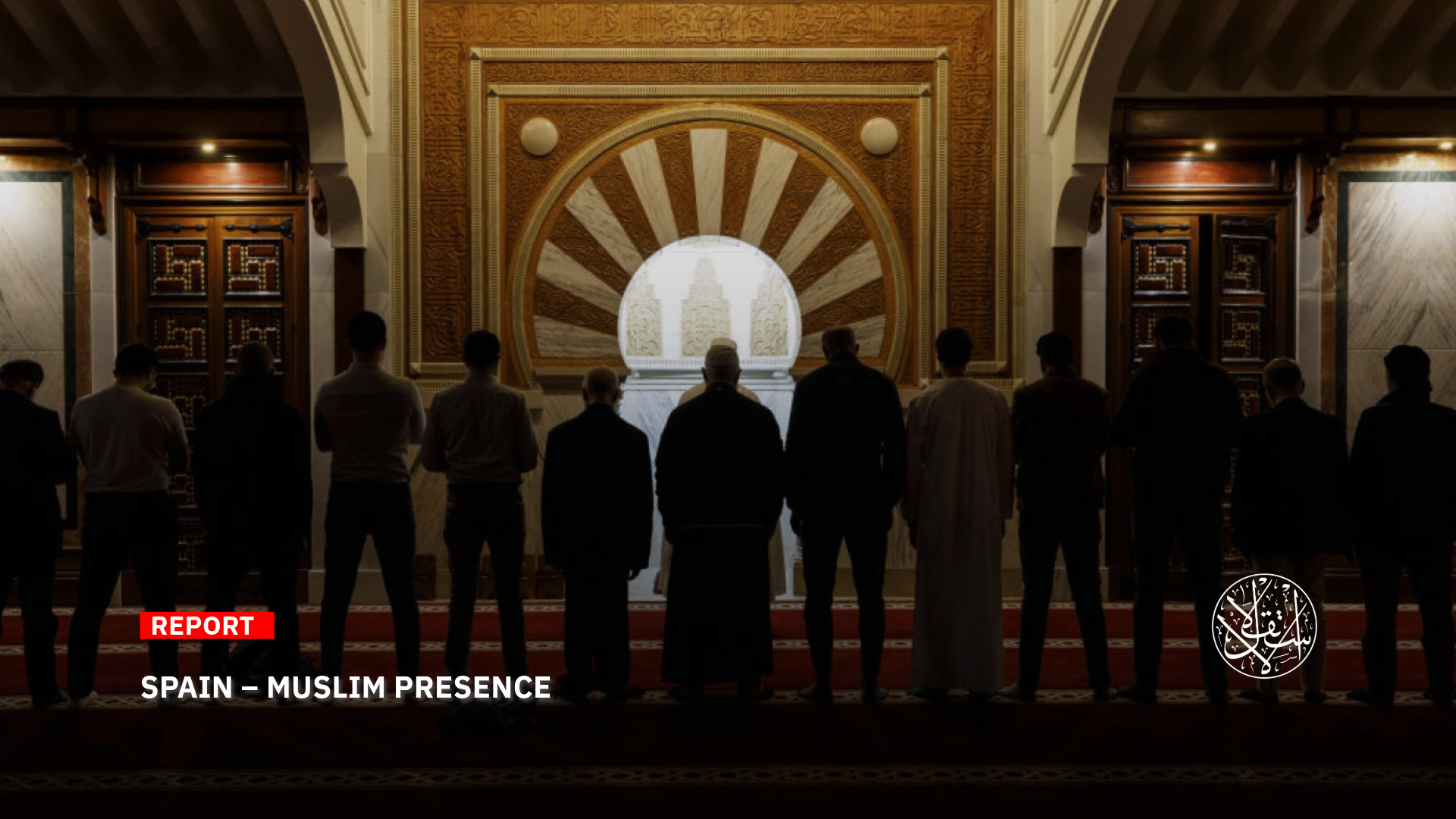
In the past thirty years, the Muslim population in Spain has doubled, reaching 2.5 million.
Lamine Yamal, the Muslim football star for Spain's national team and FC Barcelona, decided to fast during Ramadan in 2025, coinciding with his team's preparations for the UEFA Nations League quarterfinals against the Netherlands.
For the first time in history, the Spanish team will face a situation where a player needs a special diet because of fasting.
Yamal represents the Muslim community in Spain, which practices its religious customs as an integral part of Spain's diverse population, composed of various ethnicities and cultures.
Muslims in Spain aim for integration, self-expression, and to combat challenges such as racism or being pigeonholed as mere immigrants. Their roots are deeply intertwined with the Iberian Peninsula (Spain, Portugal, Andorra, and Gibraltar), where they ruled and lived for eight centuries.
Muslims in Spain
Global data platform Statista estimated in January 2025 that Spain's Muslim population stood at 1.085 million, with Moroccan-origin Muslims accounting for 880,000, followed by 100,000 of Pakistani descent and 83,000 from Senegal.
Despite this, Muslims in Spain face significant challenges, especially waves of racism and Islamophobia. On February 9, 2025, the Moroccan Association for Immigrant Integration in Spain published a study revealing that 47.5% of Muslims surveyed had been victims of racist attacks in Spain, though only 6% dared to file a formal complaint. Discrimination and Islamophobia, particularly targeting Moroccan migrants, remain concerning.
The study highlighted instances of discrimination, such as six out of ten Muslim women being excluded from job offers because they refused to remove their hijabs for interviews. Seven out of ten Muslims faced rejection from real estate agencies due to their accents.
In various regions, teachers in educational centers have made Muslim students feel inferior, undermining their academic performance or limiting their educational aspirations. Seven out of ten individuals admitted to experiencing stress, anxiety, low self-esteem, and a sense of alienation or frustration after facing Islamophobic attacks at some point in their lives.
The Moroccan Association revealed that this study was funded by Spain’s Ministry of Social Rights and Consumption, as part of the 2030 Agenda.

Big Challenges
Muslim communities in Spain reject being solely identified as “immigrant religion.” Over the past 30 years, the Muslim population in Spain has increased tenfold, reaching 2.5 million, according to Mohamed Ajana al-Wafi, Secretary of the Islamic Commission of Spain.
In an interview with Anadolu Agency on March 26, 2023, al-Wafi stated that “unofficial estimates suggest the number of Muslims in Spain is around 3 million.”
“In the past, most Muslims were immigrants, but now they make up a significant portion of the Spanish population.”
There are about one million Spanish citizens who are Muslims, some of whom have acquired Spanish citizenship, while others have Spanish roots,” he added.
“53 Islamic unions are active in Spain, with 15 having wide-reaching activities, and the number of mosques is around 2,000.”
Muslims in Spain, like their counterparts around the world, celebrate the arrival of the holy month of Ramadan, organizing Iftar programs and gathering for Taraweeh prayers at mosques and large Islamic centers.
Al-Wafi confirmed that the Islamic Commission of Spain invites non-Muslim neighbors to join them in celebrations and Iftar during Ramadan.
“We demonstrate solidarity together during this month, sending a message of the importance of spreading this spirit as a model for coexistence throughout the year,” he said.
Al-Wafi referred to a report by the Commission that found a noticeable increase in the number of Spaniards wishing to convert to Islam in cities like Seville, Cordoba, and Barcelona.
He also pointed out that Spaniards living in the cities of Ceuta and Melilla, which have a Muslim-majority population, are increasingly converting to Islam.
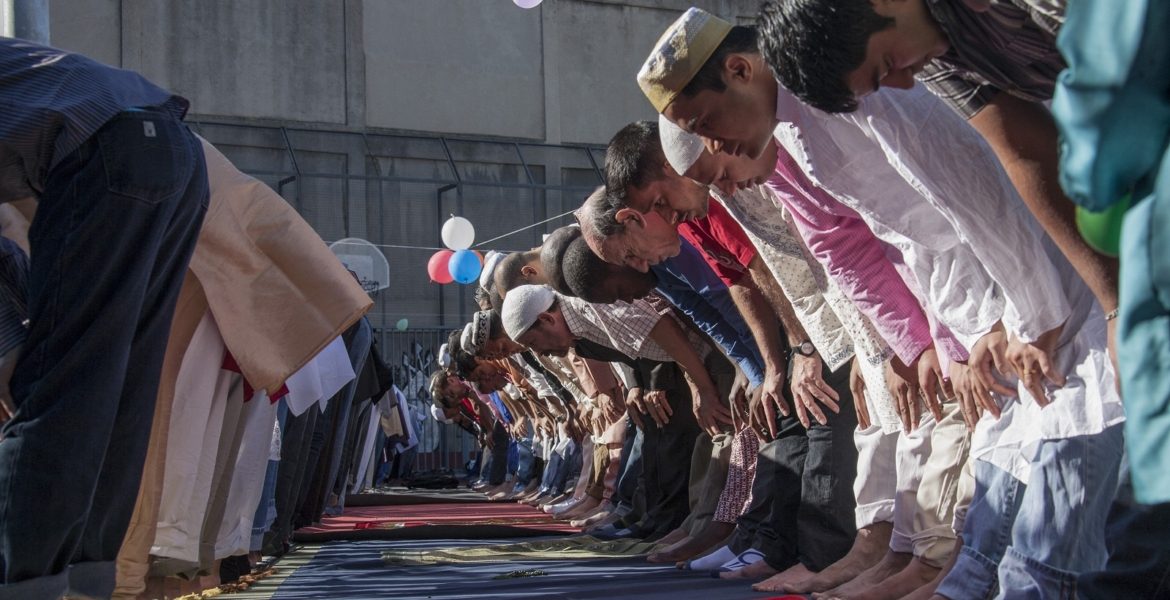
Great Impact
The Islamic Commission is one of the largest entities representing the Muslim community in Spain.
In 1992, the Commission, along with associations representing Evangelicals and Jews, signed a cooperation agreement with the state, securing legal and social rights for Muslims.
This agreement marked a significant achievement in recognizing the rights of Spain's growing Muslim community, addressing various issues such as education, mosque construction regulations, marriage, and religious holidays.
However, the Islamic Commission argues that the Spanish state did not fully anticipate the extent of the requirements to maintain these rights, including the need to teach Islamic religious education in schools for future generations.
“The Muslim population in Spain was less than 200,000 at the time, and there were barely any Muslim students in schools. This is why they put article number 10 — the one on Islamic religious education — as something very difficult to materialize,” Ihab Fahmy, Education Coordinator at the Commission, told The New Arab.
The early Muslims who settled in Spain left a profound legacy, including the famous Great Mosque of Cordoba, established by Abd al-Rahman al-Dakhil in 170 AH.
It is one of the most iconic Islamic landmarks and was listed as one of Spain’s 12 treasures in 2007. Many Spaniards have been deeply influenced by this mosque and heritage, with some even converting to Islam after exploring their roots.
One such person is Umar del Pozo, the head of the Spanish Islamic Society Association, who spoke about the Great Mosque of Cordoba and the rich Muslim history of al-Andalus.
“We must change the image that depicts Islam in Spain and Europe as just a religion of migrants,” del Pozo told Al-Jazeera on May 8, 2021.
He stated that he was the son of a Spanish family who converted to Islam.
Del Pozo told Anadolu Agency in 2021 that at least one person embraces Islam every Friday at the Great Mosque of Granada, where nearly 3,000 Muslim Spaniards reside.
He also highlighted a noticeable increase in Spaniards converting to Islam in cities like Seville, Cordoba, and Barcelona.
Returning to Andalusian Roots
Muslims in Spain sometimes face waves of racist attacks, like in 2020, when over 30 human rights organizations in the Spanish enclave of Ceuta organized mass protests. This was in response to a song considered racist against Muslims, who make up half of the city's population, according to Spanish media.
The song, written by a police officer and member of the far-right Vox party, was used to defend the city against Muslims, claiming that Ceuta’s soil is Spanish.
On August 26, 2024, the Catalonian government fined the mayor of Ripoll, Girona, 10,000 euros ($11,000) for anti-Muslim comments made during a TV program.
The fine was imposed under a law aimed at combating Islamophobia and xenophobia in Catalonia.
However, these issues do not deter Spaniards from converting to Islam. On April 27, 2022, Anadolu Agency interviewed some Spaniards who converted, including 77-year-old Jadia Martinez, who had been Muslim for 42 years. She explained that her conversion was part of a long process of searching for self-identity and roots, driven by dissatisfaction with Western culture.
Martinez shared that for a Westerner, finding Islam as a path to inner peace is often unexpected, especially given the pressure from the media and society on Islam.
She also pointed out that the Grand Mosque, located across from the Alhambra in Granada, is one of the most important Islamic buildings in Andalusia. To Muslims in Spain, it represents “a meeting point between the past and the present.”

Rational Voices
Amidst the challenges, some voices are celebrating Muslims and their civilization. Spanish documentary filmmaker Isabel Fernandez, at the premiere of Building the Alhambra on December 27, 2023, stated, “If there were no Muslims in Spain, Europe’s history would have been different.”
“The Andalusian period was crucial because it brought knowledge to Europe.”
On October 21, 2024, the 44th edition of the International Tourism Fair (Fitur 2024) took place in Madrid, where Spanish academic Encarna Gutierrez, curator of the Islamic Culture Foundation, shared her perspective. “Sadly, at school, they only teach you about 800 years of history in two pages, so we wanted to reclaim that and explore our Andalusian heritage and identity. This was our primary focus,” she said.
“Spaniards seem to have a split personality. On one hand, they are extremely proud of the Andalusian heritage they inherited. These monuments boost the tourism industry and attract visitors from around the world. We have the Alhambra, Granada, Almeria, Andalusian palaces, Seville [..] and more.”
“On the other hand, Spain joined Europe late due to its Islamic past, making this situation very complex,” Gutierrez added.
“Many people don’t know about Madrid’s Islamic history, or if they do, they forget it. They don’t remember that Mayrit is the only European capital founded by Muslims.”
Sources
- In Spain, Islamic education is overlooked despite increasing demand and need for inclusivity in schools
- A historical precedent: How does the Spanish national team deal with Lamine Yamal during Ramadan? [Arabic]
- Reaching 2.5 million: The number of Muslims in Spain has increased tenfold in three decades. [Arabic]
- Granada: Increasing number of Spaniards converting to Islam [Arabic]
- Spanish director: If Muslims hadn't been in our country, Europe would have been different. [Arabic]
- Secretary of the Islamic Culture Foundation in Spain: "Mayrit" is a European capital founded by Muslims [Arabic]
- 47% of Muslims in Spain say they experience racism, and only 6% report it. [Arabic]
- https://www.statista.com/statistics/989902/muslims-in-spain-by-nationality/
- Spanish mayor fined for insulting Muslims [Arabic]
- A racist song targeting Muslims in Spain ignites a protest. [Arabic]






